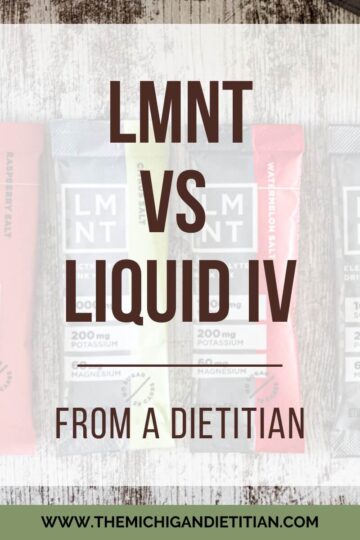Usually around when winter hits you start to hear more people putting an emphasis on consuming vitamin C, but do you know why? Or even what it is? At first thought you probably automatically associate it with oranges or orange juice. Vitamin C is a water soluble vitamin, plays a role in immunity, and is also an antioxidant. Being an antioxidant means that it has the ability to reduce harmful free radicals in the body. Even though it is thought that Vitamin C will prevent a common cold, it is more likely to just reduce the cold’s duration.
Depending on your age and gender the Daily Recommended Intake (DRI) for Vitamin C is likely between 75-90mg a day. That means you can pretty much get your daily needs from a single orange (so don’t let advertising make you believe you have to purchase any Vitamin C powders or supplements in order to have a favorable immune system!) months.Comparatively, many supplements offer doses that are 10-fold this. Yet, here is no known detriments for intakes around 1,000mg but you should definitely avoid consuming over 2,000mg in a single day. Having a Vitamin C deficiency can lead to scurvy, but his is no longer typically seen in modern; it was more commonplace when sailors were traveling across oceans and had little access to foods with the vitamin. Vitamin C helps with absorption of other vitamin and minerals as well so consider using a small glass of OJ to take your supplements! As always, consult a registered dietician before making any changes.
This doesn’t mean making more of an emphasis on consuming more vitamin C containing foods is pointless! They are still packed full of other benefits too! Consuming a more plant-based diet may also improve immune function. This could be from the lack of animal product consumption or the increase in fruit and veggies. Including zinc, elderberry, and Vitamin D are also important to have in your diet. You find zinc in foods such as nuts, seeds, and beans. Elderberry has many beneficial properties and contain ever-important phytochemicals. Although, is a bit more difficult to consume from whole food sources. You won’t hear me encouraging supplements often but it is just SO much easier to have an elderberry supplement and hey, if it means you’ll be consuming it rather than not, im all for it. You don’t even need to consume vitamin D to get it’s benefits. Simply enjoy a walk on a sunny day and you’ll be absorbing Vitamin D!
Take-away’s:
- Vitamin Ca can help reduce the duration of a cold, not prevent it
- Try to (always) include an array of fruits and veggies in your everyday consumption
- Zinc and Vitamin D are also important in immune function






Leave a Reply